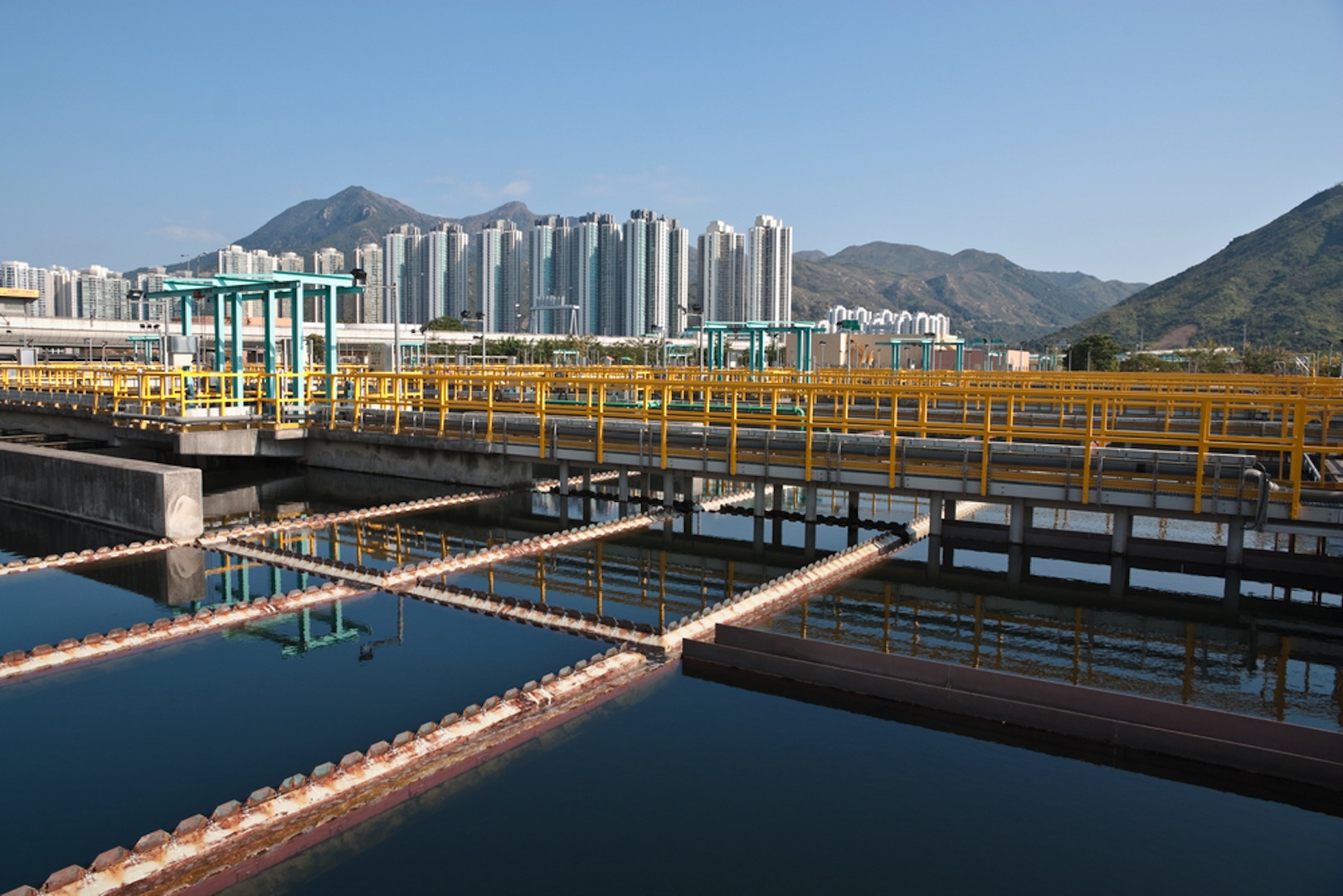

One of the poorest and most remote regions in China is to receive a $200m loan from the Asian Development Bank to improve water management.
The Xinjiang Uygur Autonomous Region is predominantly a desert territory, characterised by strong winds, low rainfall and a high evaporation rate. Two cities in the region, Kelamayi and Kuitun, receive as little as 100mm of rain each year, and experience sub-zero temperatures from November through to March.
The ADB announced schemes to help reuse waste water and improve resource management, which it said would directly help around 340,000 mostly ethnic minority people living in Xinjiang.
Specifically, the loan will fund an upgrade to a wastewater treatment plant in Kelamayi. A wetland to supply water for urban forestry and landscaping is also to be built.
In Kuitain, the loan will help rehabilitate flood discharge ditches and channels and repair supply pipes to reduce water loss from leakage.
Diwesh Sharan, director of the ADB’s East Asia department, said ‘The project will show how improvements in water management can facilitate sustainable urban development even in cities with an adjacent desert location, and an arid and unfavourable climate.’
In addition, construction projects are expected to generate jobs for vulnerable groups, including people living in poverty, women and ethnic minorities, Sharan added.
Gallagher Re has shed light on the significant challenges insurers face when providing coverage for…
The Australian government will disburse AUD 1.7 million (USD 1.1m/EUR 1m) in grant funding to…
GlobalData’s latest report, ‘Asia Pacific Renewable Energy Policy Handbook 2024’ is among the latest region-specific…
The electrical generation market is facing a number of challenges, including the need to increase…
Nuclear energy has emerged as a prominent player in Asia's energy landscape, offering a reliable…
The pursuit of a low-carbon future has gained significant momentum globally, and Asia stands tall…